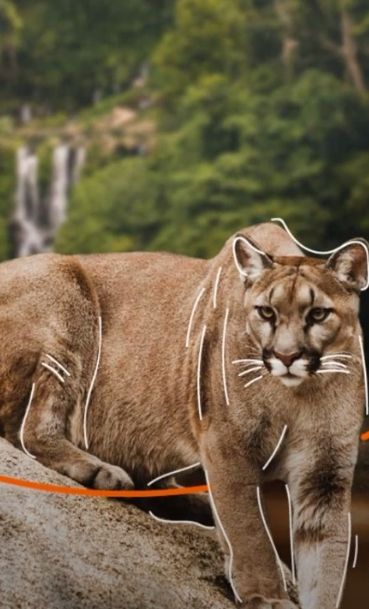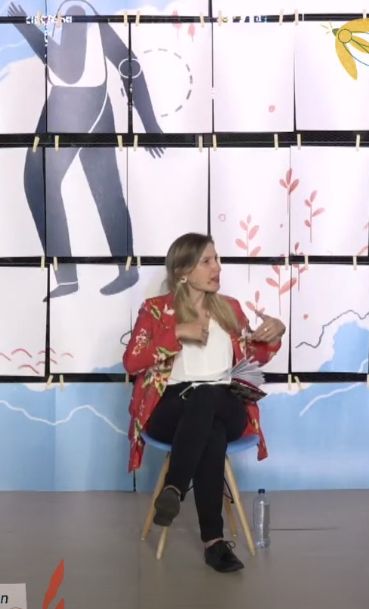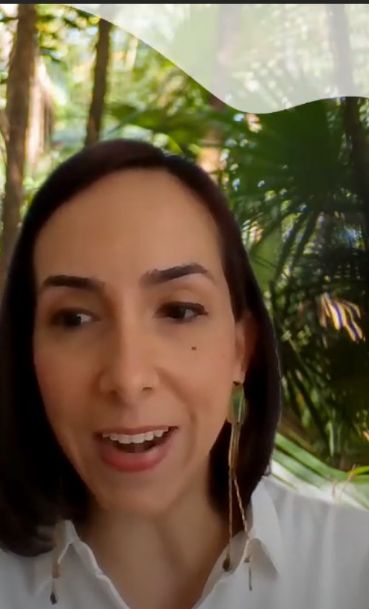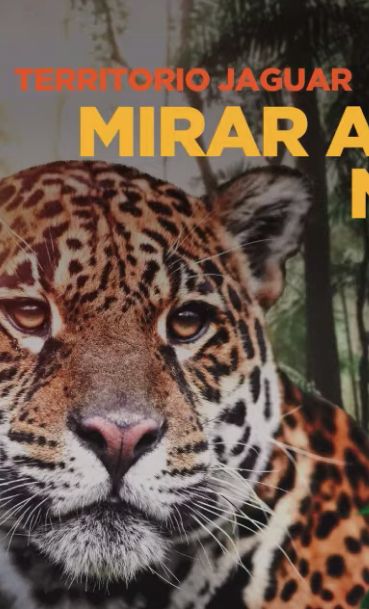- Two REDD+ projects will be carried out to reduce carbon emissions in Arhuaco territory in order to conserve forests and their biodiversity in the Sierra Nevada de Santa Marta.
- These initiatives will generate, in their first 10 years, an approximate reduction of 2,4 million tons of CO2 (initial figures to be specified with the progress of the studies to be carried out by Conexión Jaguar).

One of the most populous indigenous peoples of the Sierra Nevada de Santa Marta, the Arhuacos, joined forces with ISA’s Conexión Jaguar Program and its technical partners South Pole and Panthera to develop REDD+ (Reducing Emissions from Deforestation and Forest Degradation) conservation projects in their territory. This initiative seeks to halt deforestation in threatened areas in order to contribute to biodiversity conservation and climate change mitigation by protecting 614.043 hectares of forest. The Sierra Nevada de Santa Marta is known by both peoples as “the heart of the world”. It is a territory considered sacred and where all the temperature and altitude ranges are present (from tropical forests at sea level to glaciers and snow-capped peaks of the highest altitude in Colombia), which generates a high richness in biodiversity, for example: it is home to more than 35% of the bird species in the country. Because of this, the need for conservation is paramount, as it is currently under threat due to human-induced fires, the uncontrolled advance of agricultural frontiers and illegal crops, among other reasons. “We have a shared purpose between the Program and the indigenous peoples regarding the conservation of the jaguar’s territory, which is sacred to them. That is why we work to create sustainable value by promoting initiatives that generate a positive environmental and social impact, through the management of our ISA2030 Strategy, while at the same time establishing trusting relationships with the communities in our areas of influence,” said María Adelaida Correa, Sustainability Director of ISA Group. It is expected that in approximately a year and a half, these projects will be certified under international standards and will generate income for the communities from the issuance and sale of their credits in the carbon market. After this, biodiversity conservation and climate change mitigation activities will continue to be carried out, in addition to the conservation of the ancestral culture of the indigenous peoples. Both projects may have a term of up to 30 years.
Ucayali BIORED, Peru
Categorías del Ranking Environmental Finance Voluntary Carbon Market
- Best corporate Offsetting Project
- Best Trading Company
- Best Advisory Service/Consultancy
- Best Law Firm
- Best Verification Company
- Best Wholesale
- Best Broker
- Best Project Developer – renewable energy
- Best Project Developer – energy efficiency
- Best Project Developer – forestry and land-use
- Best Project Developer – public health
- Best Project Developer – overall
- Best Offset Retailer
- Best Registry Provider
- Best Voluntary Standard
- Best Individual Offsetting Project
- Best Initiative
Conexión Jaguar, a commitment to the planet
El programa contribuye a cumplir las metas globales de la agenda 2030 como el Acuerdo de París, el Convenio The program contributes to meeting the global goals of the 2030 agenda such as the Paris Agreement, the Convention on Biological Biodiversity, and the Sustainable Development Goals. By 2030, Conexión Jaguar has set a goal of supporting 20 forest conservation and restoration initiatives along the Jaguar Corridor in Latin America, with which it expects to contribute to the reduction of 9 million tons of CO2.
Call for Forestry Projects 2020
Cada año, el programa Conexión Jaguar abre una convocatoria para apoyar a las mejores iniciativas rurales en Each year, the Conexión Jaguar program opens a call for proposals to support the best rural initiatives in Latin America that contribute to climate change mitigation and biodiversity protection. The selected projects will issue and trade carbon credits, certified to the highest international standards.
There are two types of projects that can participate:
• Afforestation, Reforestation and Revegetation (ARR): planting, cultivation and/or assisted natural regeneration of trees to increase carbon stocks.
• Reducing Emissions from Deforestation and Forest Degradation (REDD+), which seek to conserve forests by reducing deforestation and forest degradation.
More information at conexionjaguar.org




